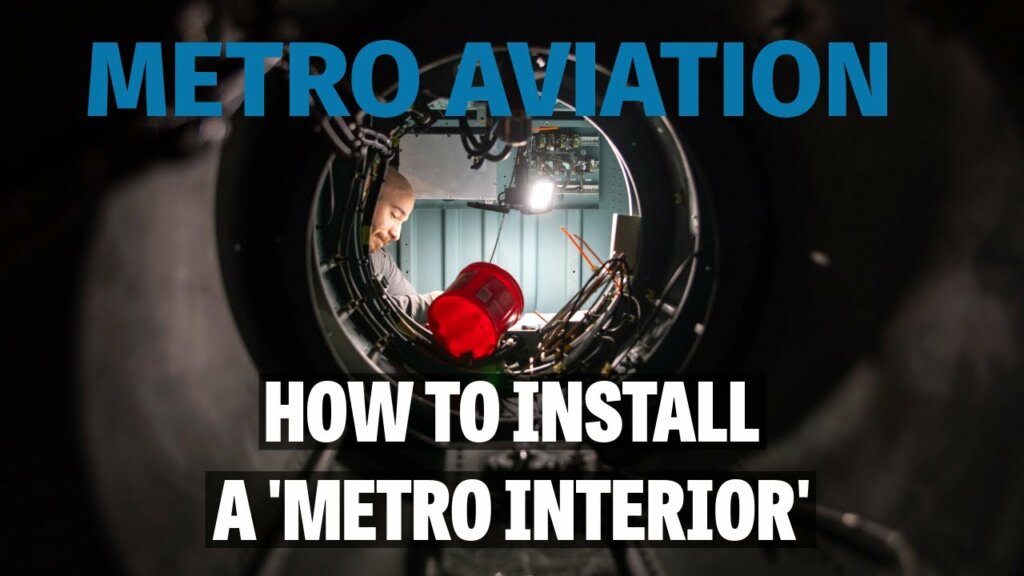Shortly after the doors opened for the European Business Aviation Convention and Exhibition (EBACE) 2022 in Geneva, Switzerland, on May 23, German eVTOL developer Lilium announced a new partnership with Honeywell and Denso.

The alliance will combine Honeywell’s expertise — with its more than 100 years of aerospace experience — and Denso’s manufacturing background — with its seven decades of automotive knowledge — to create the electric motors for the Lilium Jet eVTOL aircraft.
“We sought out a motor supplier and they needed to be the best,” said Yves Yemsi, Lilium’s chief operating officer. “Honeywell had years of experience and Denso’s reputation of high-quality motors in high volumes is what we were looking for.”
The motor is a proprietary, high-performance system, which has been under development for two years. Initial prototypes have produced over 100 kilowatts of power from a package weighing under nine pounds (four kilograms).
Thirty of these motors will power the jet, which takes off vertically utilizing a proprietary ducted electric vectored thrust (DEVT), then transitions to horizontal flight.
In February, the company announced to shareholders a few notable changes to its aircraft design based on its preliminary design review. This included reducing the number of motors on its eVTOL from 36 to 30 by using a slightly larger and more powerful motor design.
The company also said that it planned to develop aircraft with flexible cabin architecture that can be configured to a premium four-passenger “club cabin,” a six-passenger shuttle cabin, or a cargo cabin.
“This collaboration speaks to the teamwork required,” said Taylor Alberstadt, Lilium’s senior director of business development for electric/hybrid-electric propulsion. “This is a more efficient way to move people and cargo, and sustainability is key.”
When asked about the Lilium Jet’s configuration, Yemsi said, “We chose this approach because people live in a three-dimensional world. In the urban environment, housing is moving vertically, but our transportation system is still two dimensional, operating on the ground level. We aim to change that.”
Honeywell is already developing the Lilium Jet’s avionics and flight control systems and invested in Lilium in 2021.
Last week, the company announced that it had filed 37 new patent application, which have been published by the European Patent Office. These patents are engineering inventions for core technology in the Lilium Jet relating to energy, propulsion, structures and interior, avionics, and custom electric.
The company is working toward getting its eVTOL aircraft type certified with the European Union Aviation Safety Agency (EASA) in 2025, followed by approvals from the U.S. Federal Aviation Administration (FAA) through the European process. In the meantime, the company is continuing its flight test campaign at the ATLAS Test Flight Center in Spain.









Awesome news.
Details please.
Final price.
How to reserve?
Cheers,
Mats Palmquist